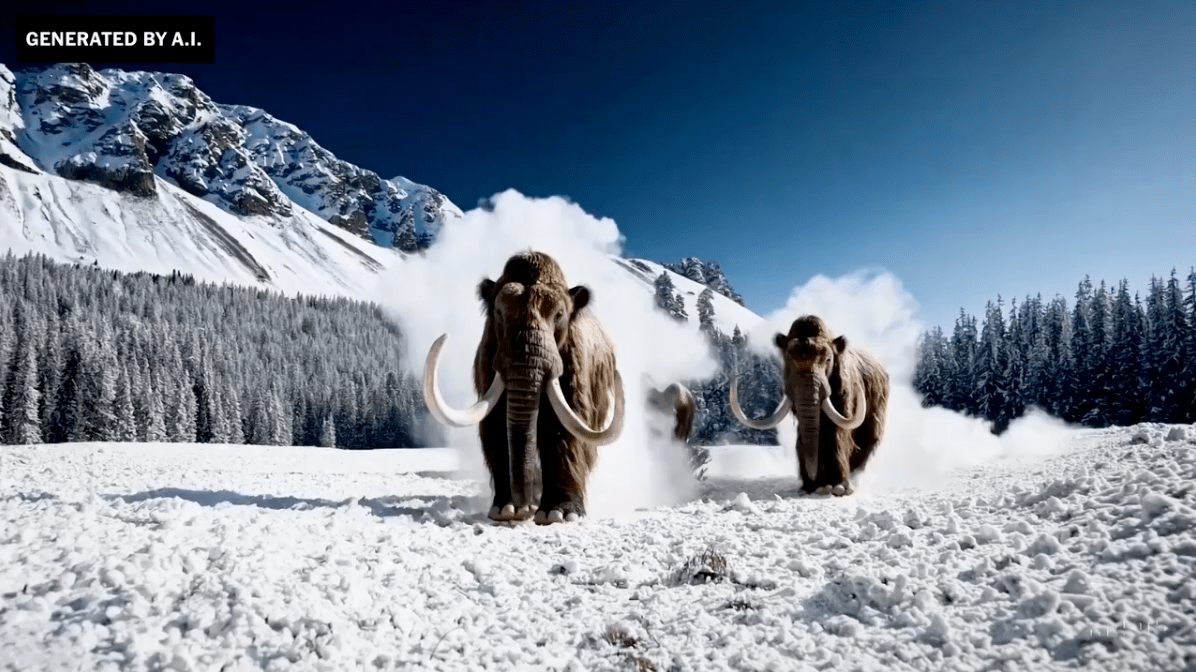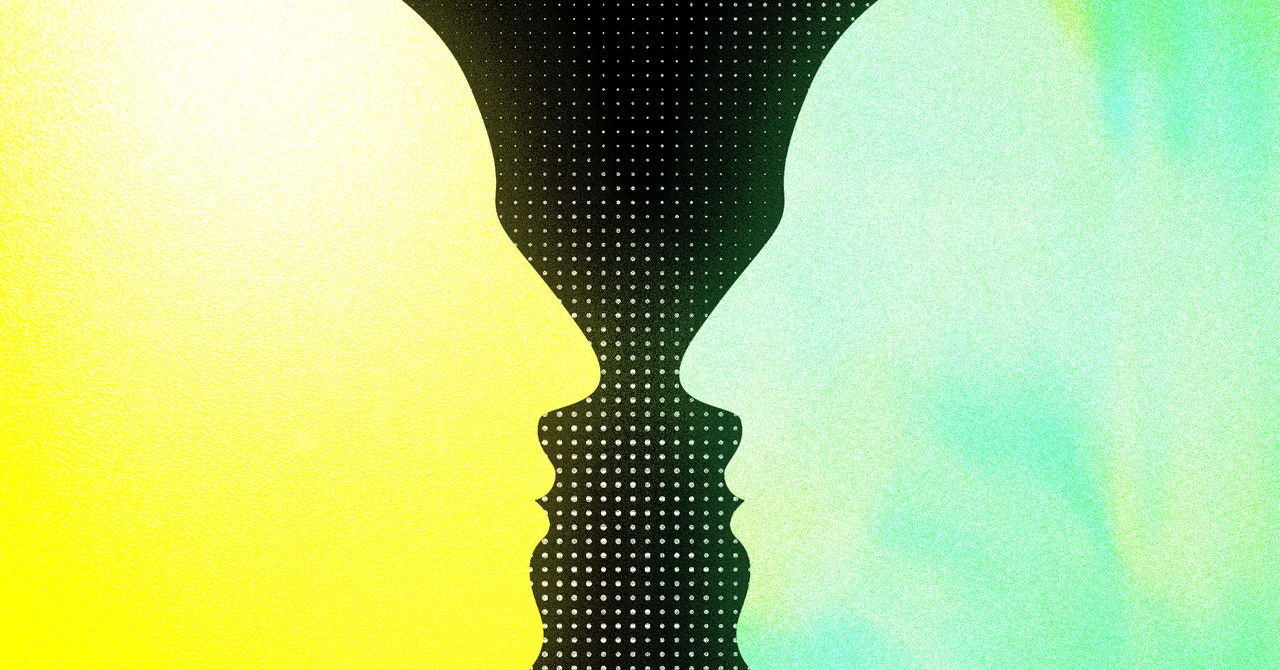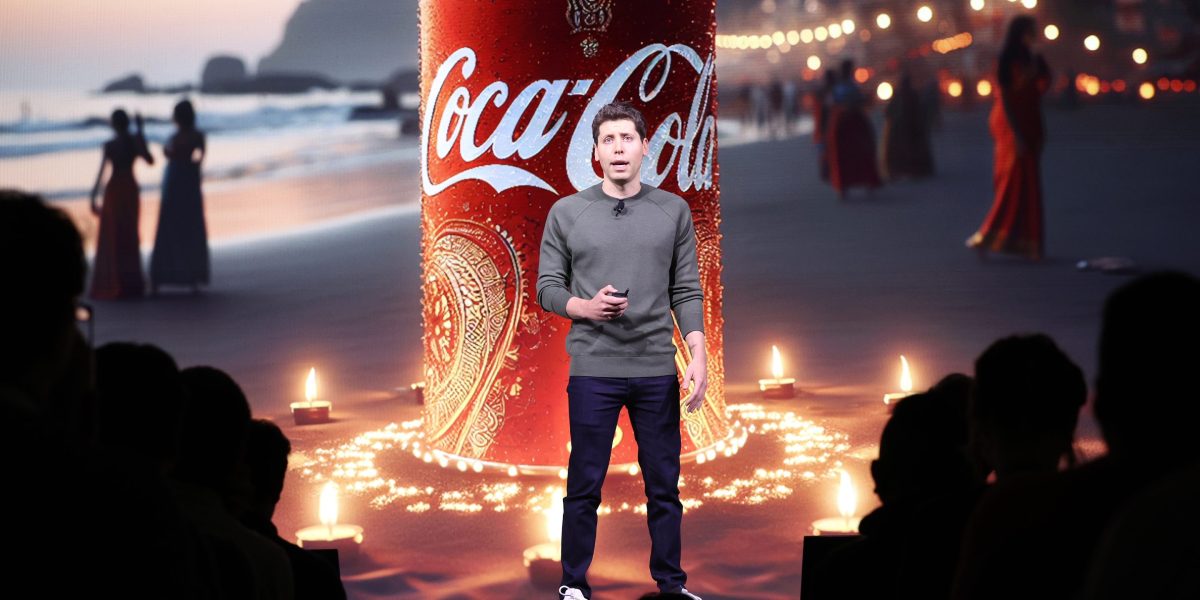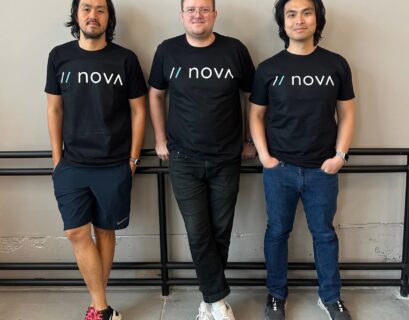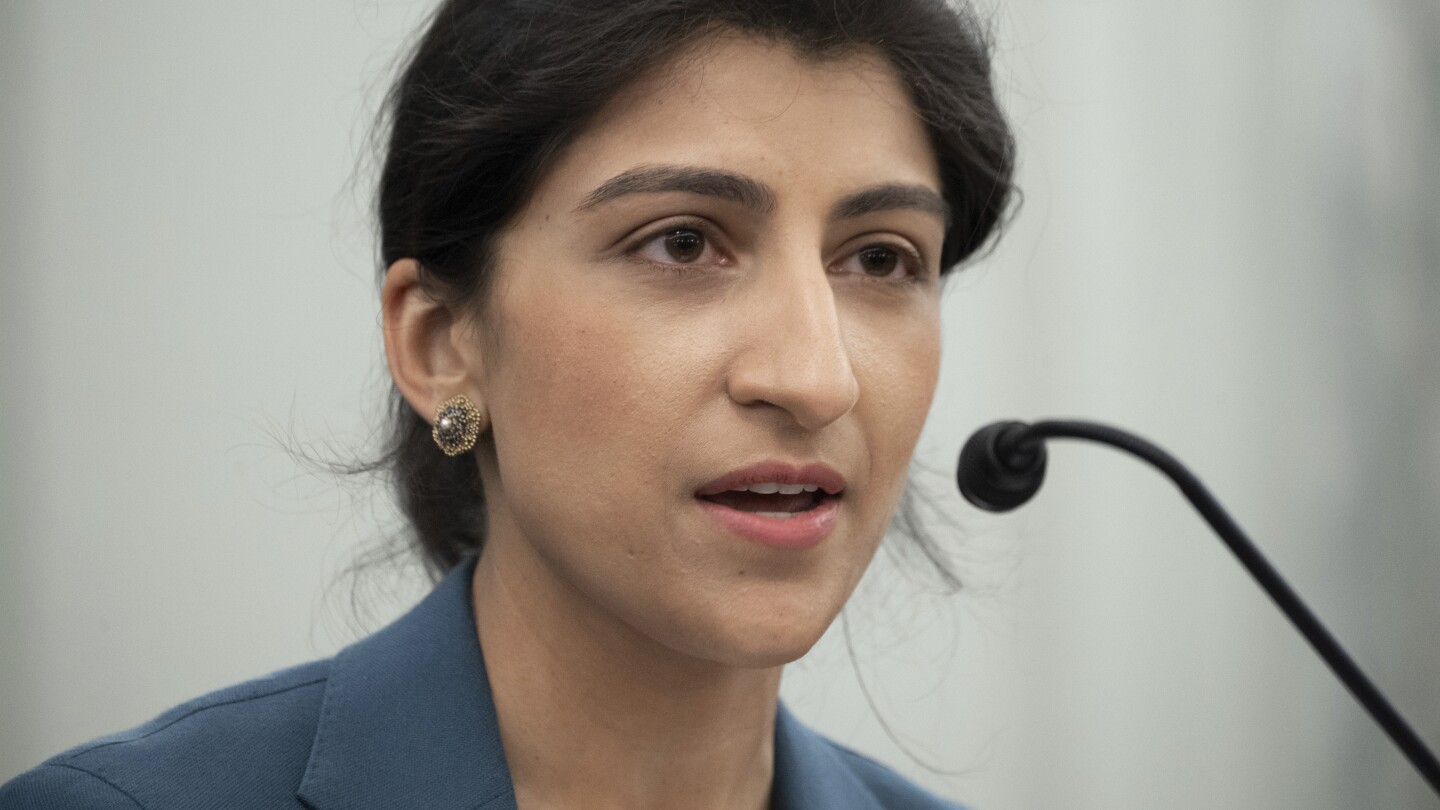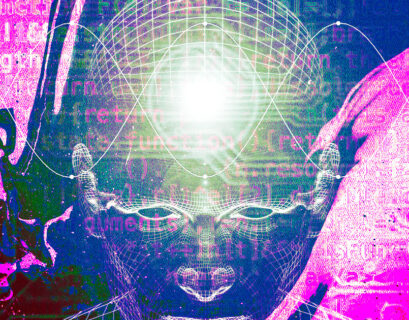OpenAI has unveiled a groundbreaking artificial intelligence tool that can produce highly lifelike videos, signaling the company’s notable entry into the realm of Hollywood. This innovative system can craft videos portraying intricate scenes featuring multiple characters, various shot angles, and detailed subject matter set within their environments. In a recent demonstration, OpenAI showcased brief videos generated in mere minutes based on concise text prompts. These demonstrations included scenarios such as an astronaut exploring a desert planet in a movie trailer and an animated sequence depicting a lively creature alongside a melting red candle.
While other AI video tools already exist, OpenAI’s technology represents a significant leap forward with the potential to revolutionize traditional work practices. This advancement underscores the growing integration of AI within the entertainment industry, presenting challenges to job stability. A study involving 300 industry experts indicated that AI tools could impact over 200,000 positions within the next three years, particularly affecting roles like sound engineers, voice actors, and concept artists. Areas such as visual effects and postproduction are also identified as susceptible to displacement due to AI advancements.
Prominent industry figures like Karla Ortiz, a concept artist involved in Marvel projects, and Reid Southen, recognized for contributions to films like The Hunger Games and Transformers: The Last Knight, have voiced apprehensions regarding the diminishing demand for their expertise in light of AI innovations. OpenAI’s tool, named Sora, distinguishes itself by its capacity to generate longer videos with a variety of shot options while upholding visual excellence. Nonetheless, there are constraints, including occasional inaccuracies in simulating complex scenes and difficulties in handling specific cause-and-effect scenarios.
Despite its progress, OpenAI acknowledges the current limitations of the Sora model and is committed to refining it through continuous enhancements. The company prioritizes the safety and ethical usage of the tool, implementing measures to identify and prevent deceptive content. Sora will undergo further testing before any potential public launch, with a specific focus on addressing misinformation, bias, and inappropriate content.
As the landscape of AI technology evolves swiftly, concerns regarding copyright infringement have surfaced, with AI systems potentially reproducing copyrighted material without proper authorization. OpenAI has encountered legal obstacles related to the utilization of copyrighted data in its training procedures, leading the company to withhold information about its training sources for competitive reasons. The influence of AI on creative industries is evident, with tools like Midjourney capable of creating nearly flawless replicas of film frames and characters from popular titles, raising questions about the future of original content creation.
The emergence of AI in video production could have profound implications for commercial filmmaking, with considerations for quality potentially being overshadowed by efficiency and cost-effectiveness. The decline in commercial production activities in Los Angeles in recent years underscores the evolving landscape influenced by technological advancements such as AI video generation tools.

